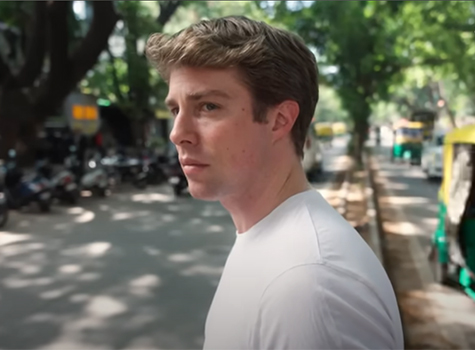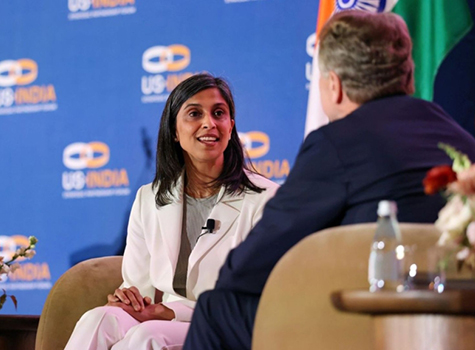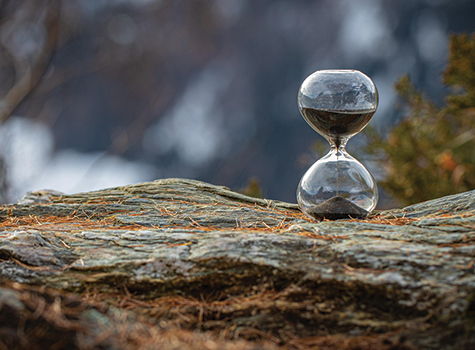Goodbye handshake. It was nice knowing you. I never did like you. The handshake must be relegated to the ash heaps of history.
Now with a virus making even the most dedicated hand shakers hesitant, it’s time to make other non-contact forms of greetings the norm. I’m partial to the ancient Indian greeting of Namaste. It is respectful, gets the point across and is universal in its palms touching and prayerlike simplicity. Of course, bowing also works, as used in Japanese and other cultures. But bowing seems to give deference to royalty, as when you are supposed to bow or curtsy to some royal figure.
The Vulcan greeting is wonderful for geeks of the world. There are also thumbs up, the devil fingers, the shaka sign, the finger gun, and the peace sign, among others. All beat the heck out of shaking hands. Deals used to be made with handshakes, now they can be executed with one’s favorite non-contact connection.
Handshakes were never equal as someone with a bigger and stronger hand almost always squeezes the other hand too hard. An extra firm handshake evokes domination.
The best outcome of dumping shaking hands; we will in turn minimize the prime mode of germ transfer of colds and flu, and current and future viruses.
Fist bumps and high fives are still cool, if they stop short of making physical contact. Imagine an air guitar version of the high five, stopping a few inches short of making contact.
This brings us back to Namaste. A handshake is a physical connection, Namaste is the same thing but a connection with yourself as well as with the other via a mutual agreement. It feels warmer. All other non-contact gestures are cool, but are singular, whereas Namaste seems plural, equal, still giving the sensation of warmth of human touch.
With social distancing a global phenomenon, the all-purpose handshake is on its death throes. Good riddance.
Goodbye handshake and hello Namaste.
———-
Samir Shukla is the editor of Saathee magazine. Contact – Samir@saathee.com



